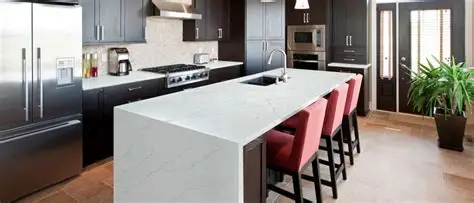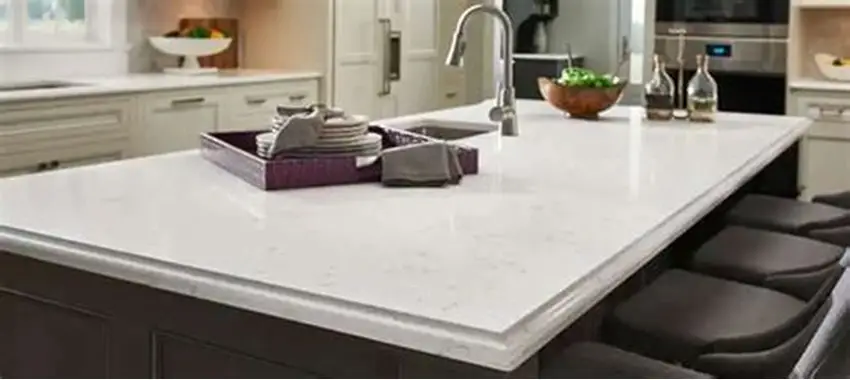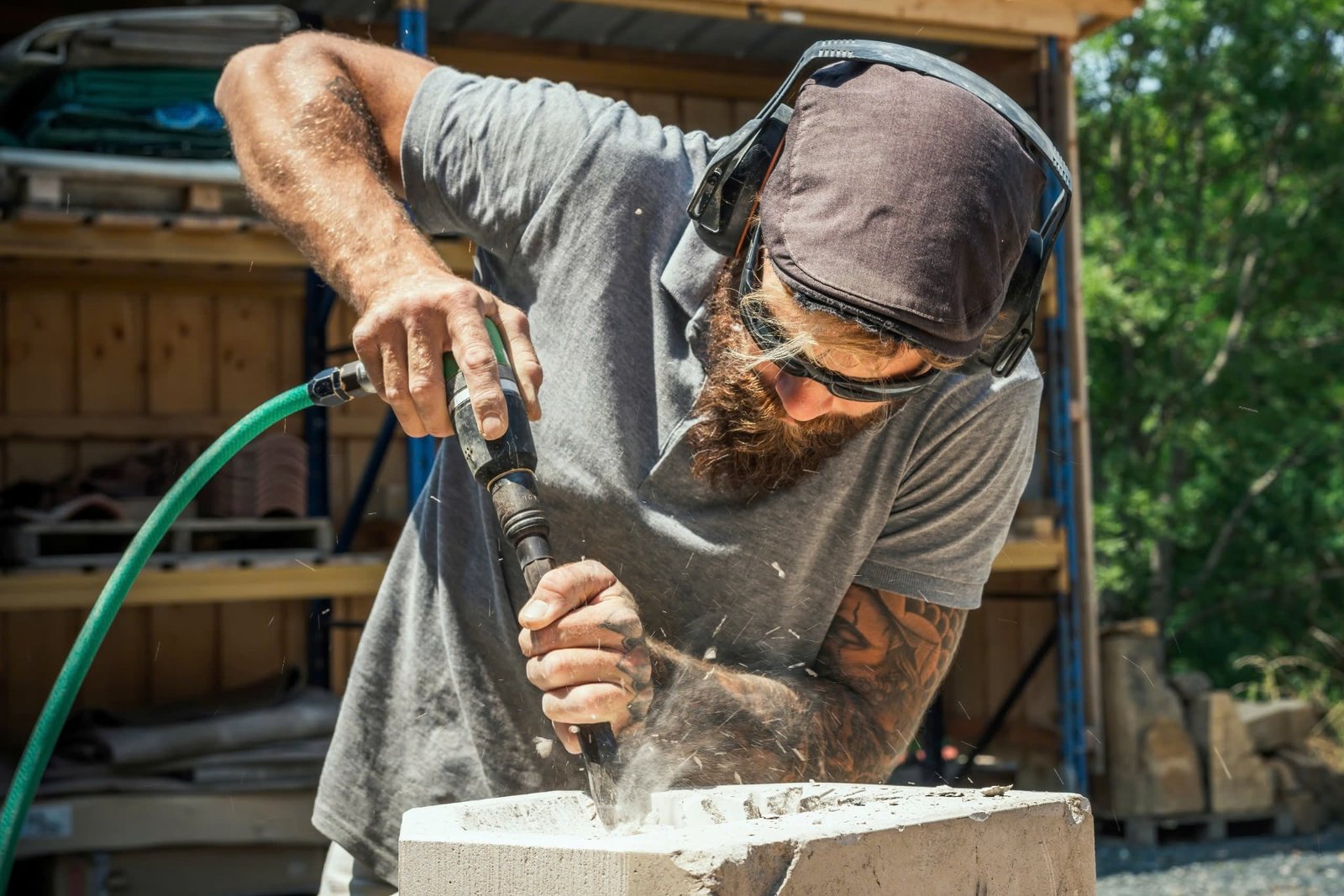
Choosing between granite countertops and quartz countertops is one of the most common dilemmas for homeowners upgrading their kitchens or bathrooms.
Choosing between granite countertops and quartz countertops is one of the most common dilemmas for homeowners upgrading their kitchens or bathrooms. Both offer durability, beauty, and long-term value, but their differences in cost, maintenance, and style may make one option more appealing for your needs.
In this guide, we’ll compare granite and quartz across key factors—price, durability, maintenance, aesthetics, and suitability for kitchens vs. bathrooms—so you can make an informed decision.

Understanding Granite Countertops
Granite is a natural stone formed deep in the Earth’s crust when magma + what equals granite? It is quarried in large blocks, sliced into slabs, and polished or honed for installation. Each slab is unique, showcasing its own patterns, veining, and mineral composition.
Key Benefits of Granite:
- Natural, one-of-a-kind appearance
- Excellent heat resistance
- Suitable for indoor and outdoor applications
- Long lifespan when sealed and maintained properly
Granite is available in a wide range of options, from black granite countertops and white granite countertops to exotic varieties like blue pearl granite countertops.

Understanding Quartz Countertops
Quartz countertops are made from engineered stone—a blend of around 90–95% ground natural quartz with polymer resins and pigments. This manufacturing process results in consistent color and pattern across slabs, which is appealing to many homeowners.
Key Benefits of Quartz:
- Non-porous and stain-resistant
- Consistent design and color
- Lower maintenance (no sealing required)
- Large selection of colors, including those that mimic marble or granite
Granite vs Quartz Countertops: A Side-by-Side Comparison
| Feature | Granite | Quartz |
|---|---|---|
| Material Type | 100% natural stone | Engineered stone |
| Durability | Highly durable, may chip if hit hard | Highly durable, less likely to chip |
| Heat Resistance | Extremely heat-resistant | Good heat resistance but resins can be damaged by high heat |
| Maintenance | Requires sealing every 1–3 years | No sealing required |
| Color/Pattern | Unique, natural variation | Consistent patterns |
| Outdoor Use | Ideal for outdoor kitchens | Can fade in direct sunlight |
| Price Range | $40–$200+ per sq. ft. | $50–$150+ per sq. ft. |
For a deeper comparison, see:
- Are Granite Countertops Better than Quartz Countertops?
- Which Is More Durable: Granite or Quartz Countertops?
Which Works Best for Kitchens?
For granite kitchen countertops, the material’s ability to withstand high heat, scratches, and heavy use makes it a timeless choice. Home chefs who frequently use hot pots and pans often prefer granite for its resilience.
Quartz countertops are ideal for homeowners who want a sleek, uniform appearance with minimal upkeep. They are stain-resistant, making them great for kitchens where spills are common.
Which Works Best for Bathrooms?
In granite bathroom countertops, the stone’s natural beauty shines, adding a touch of luxury. However, bathrooms with heavy cosmetic or chemical use may require more diligent sealing to prevent staining.
Quartz is a popular choice for bathrooms due to its non-porous surface, which resists mold, mildew, and water damage—perfect for vanities, sinks, and shower surrounds.
Durability and Weathering
Both granite and quartz are highly durable, but granite has an edge in extreme temperature tolerance and outdoor use. Over time, granite can naturally weather—similar to what type of weathering is illustrated by the cracks in the simulated granite outcrop below?—though this is not usually an issue in interior settings.
Cost Considerations
The cost of custom granite countertops or quartz varies by quality, rarity, and installation complexity. Granite can be more affordable at entry-level but more expensive at the high end, especially for rare colors. Quartz prices are more stable, but premium designer styles can rival exotic granite.
If installation involves heavy slabs or complex handling, specialized tools such as a kerb stone lifter may be used, which can add to installation fees.
Pros and Cons at a Glance
Granite Pros:
- 100% natural
- Extremely durable and heat-resistant
- Outdoor-friendly
- Unique beauty in every slab
Granite Cons:
- Requires sealing
- Can chip if hit with heavy objects
- Some porous varieties can stain
Quartz Pros:
- Non-porous and low maintenance
- Stain-resistant
- Uniform design options
- No sealing required
Quartz Cons:
- Not ideal for outdoor use
- Less heat-resistant than granite
- Can be more expensive at mid-range levels
Final Verdict
Choosing between granite vs quartz countertops comes down to your priorities:
- Choose granite for natural beauty, heat resistance, and outdoor use.
- Choose quartz for low maintenance, uniform patterns, and maximum stain resistance.
Both are excellent for best granite countertops for kitchens and bathrooms, so consider your lifestyle, maintenance habits, and aesthetic goals when deciding.

